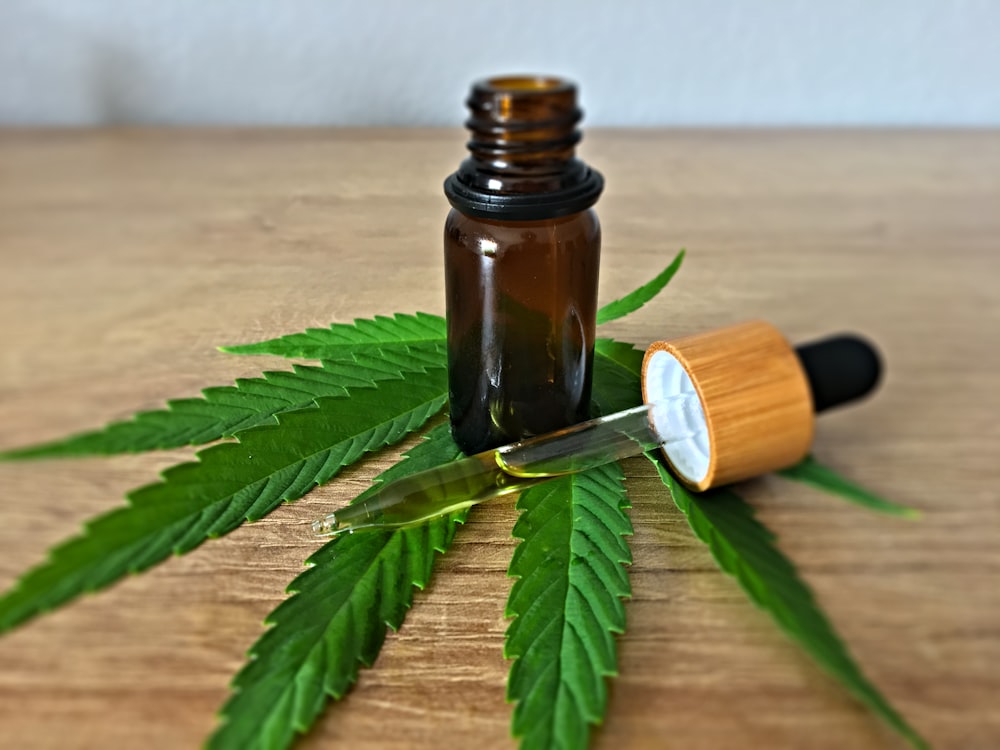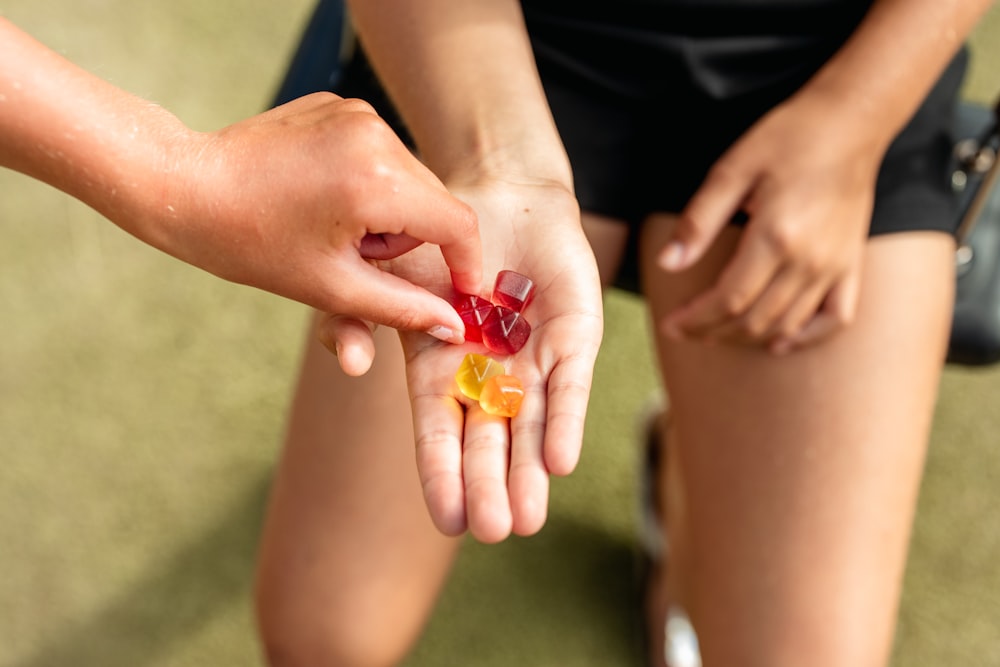CBD or cannabidiol is one of the identified cannabinoids or compounds present in the cannabis plant. The cannabinoid is arguably the most researched cannabinoid, proven to have therapeutic benefits that make it popular within and outside wellness circles.
Consequently, CBD is available in numerous consumable forms, including CBD oil, tinctures, vapes, topicals, capsules, soft gels, sprays, cosmetic products, and edibles like gummies. CBD gummies are the most popular CBD products because They’re delicious, and most consumers believe that their effects last longer.
However, does CBD wear off your system as its effects, or does it last longer? Keep reading to find out.
CBD Source: Hemp Vs. Marijuana
CBD is the primary non-psychoactive compound in the cannabis plant, and unlike its sister cannabinoid and delta 8 will not make you “high.” Although both compounds are cannabis derivatives, CBD’s unique mechanism of action in the body means that it can deliver its therapeutic effects without negatively altering brain function. You can find the best delta 8 vape juice brands here .
Hemp and marijuana plants are two subspecies of the cannabis plant but feature different phytochemical compositions, meaning they have similar compounds in drastically different concentrations. Typically, the hemp plant is CBD-dominant, containing THC levels of approximately 0.3%, which is nowhere near enough to get you “high.”
On the other hand, marijuana plants are THC-dominant. Therefore, most CBD compounds in the market contain CBD hemp extracts because it is cheaper and legal to extract CBD from hemp than marijuana, but it wouldn’t hurt to confirm while shopping.
Another noteworthy fact about CBD is that CBD extracts may contain other cannabinoids, including 0.3% THC and that the CBD industry classifies CBD products by their cannabinoid composition. Full-spectrum CBD products contain 0.3% THC maximum, while broad-spectrum CBD products contain all other minor cannabinoids but have zero THC content.
How Long Does CBD Stay In Your System (CBD’s Half-life)
The answer to this question is complicated because multiple factors influence your body’s capacity to metabolize CBD. Below are the physiological factors that influence CBD’s half-life.
Image Source: Unsplash.com
Pharmacogenetics
According to a study review on pharmacogenetics and cannabinoids, different gene sequences determine how cannabinoids like CBD bind to the body’s receptors. The genetic codes also dictate cannabinoid transportation within the body.
Pharmacokinetics refers to how your genetic composition influences your body’s capacity to metabolize different drugs or chemical compounds. Marijuana’s transportation and metabolism in the body rely on protein structures, e.g., enzymes, and protein synthesis in the body is a two-step process that entails a genetic code.
Dosage and Frequency of Use
According to one research review on CBD pharmacokinetics, the compound does not show elevated blood plasma levels with repeated dosing. However, the review points out that body tissues can absorb the CBD and release it gradually into the bloodstream.
Therefore, if you use CBD frequently, it is likely to stay longer in your system. A higher dose or frequent use can cause a higher systemic exposure and may prolong the half-life.
Body Composition
Your body composition or fat against lean muscle ratio also affects drug distribution. According to one research study on drug pharmacokinetics in the obese, individuals with a higher fat content have a higher retain lipophilic drugs in their system for longer.
A higher percentage of the lipophilic drug gets absorbed into their adipose (fat) tissue. CBD is highly lipophilic, and your body composition may prolong its half-life.
Product Type
Different CBD products have different half-lives, and according to one study, CBD has an estimated half-life ranging from one-five days depending on the product type consumed.
Fed State
Another research study registered a lower CBD expulsion rate in test subjects who had taken cannabinoid with food. Moreover, fatty food lengthened the cannabinoid’s half-life more than non-fatty food.
Image Source: Unsplash.com
Does CBD Show Up In A Drug Test?
Ideally, CBD should not show up in a drug test because it is a federally legal substance, and standard drug tests do not test for its metabolites. However, the answer is not as straightforward if you use full-spectrum CBD products containing THC.
There is no minimum THC detection level, meaning it is impossible to conclude that the 0.3% THC in full-spectrum CBD products will not appear in your drug test. Frequent CBD consumption leads to cannabinoid tissue accumulation. Third, one research study concluded that medium-intensity exercise elevated THC levels in the blood by releasing dormant THC molecules stored in adipose tissue.
Moreover, it also depends on the drug test type. The standard drug tests administered at the workplace are urine tests and saliva swab tests; however, disputed results can call for further testing using blood or hair samples.
Given the different factors influencing CBD’s expulsion rate, it is impossible to pin down exactly how long CBD and other metabolites remain in your system. According to one expert review, THC is detectable in saliva for approximately 48 hours and up to a month in urine. The review also highlights that THC remains detectable in your blood for up to 36 hours and 90 days in hair samples.
Also, there is no technology to verify whether you took the compound yesterday or a week before. Lastly, drug tests don’t differentiate between THC metabolites from full-spectrum CBD and those from marijuana.
Image Source: Unsplash.com
Conclusion
CBD’s effect may wear off, but its metabolites will linger in your system. Therefore, if THC is a banned substance in your state, steer clear of full-spectrum CBD products. The same applies if your employment contract stipulates that your employer can subject you to random drug tests.







